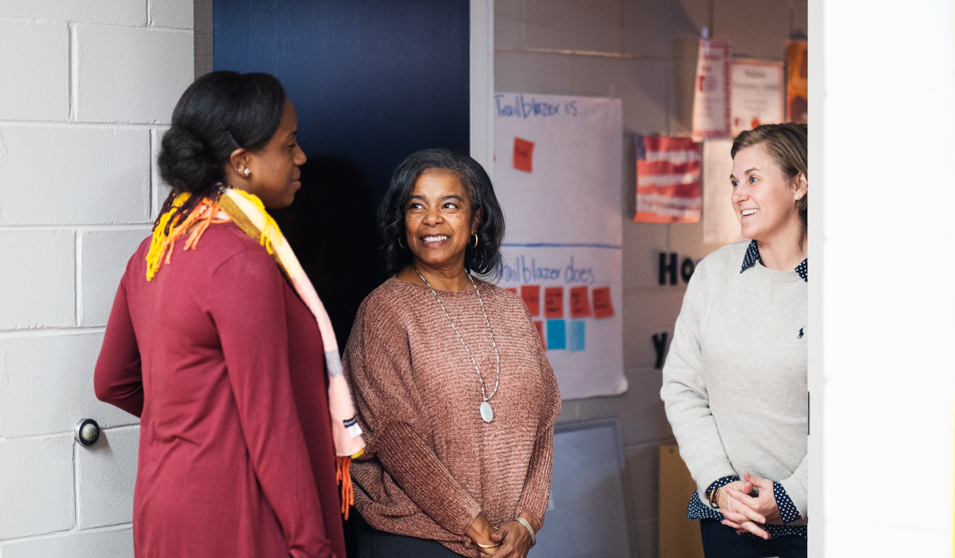“I Am a Rural Teacher” is a national advocacy campaign that gives voice to rural teachers. The program is a collaboration between the Rural Schools Collaborative, National Rural Education Association, Community Foundation of the Ozarks, Ozarks Teacher Corps, and The University of West Alabama’s Black Belt Teacher Corps. The “I Am a Rural Teacher” campaign is made possible by a grant from The Bill & Melinda Gates Foundation.
Embrace Place
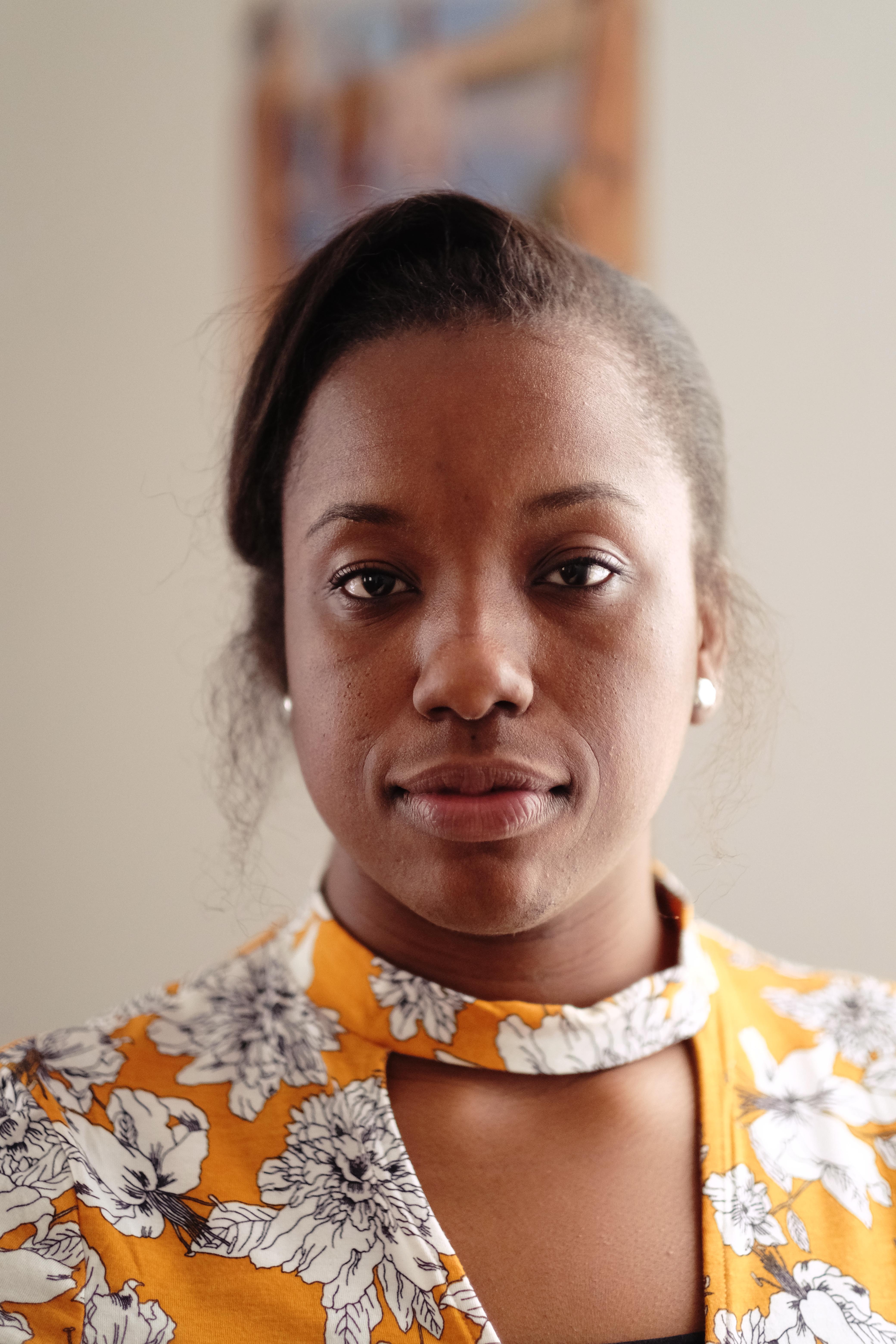
For Haley Richardson, rural feels like “a family— small, warm, loving, home.” It’s why she’s chosen to stay in the same area that generations of her family have lived.
Haley grew up in the small town of Reform, deep in the pines of western Alabama. Reform is a special place for Haley. Not only did she graduate from Pickens County High School, her mother was the first to integrate the school in 1966. Now, her brother is the assistant principal.
It’s no wonder that when thinking of her home, she sees a place full of possibility.
“Embrace the reason behind your place… Don’t look at what you don’t have, look at what you do have and the possibilities that you could bring,” says Haley.
Now, she brings these possibilities to the University Charter School (UCS), opened last year on the University of West Alabama (UWA) campus in Livingston, AL. The school is the first truly integrated school in Sumter County and has quickly become a point of pride for the community.
“It’s allowing the students to learn from one another and embrace who they are,” says Haley.
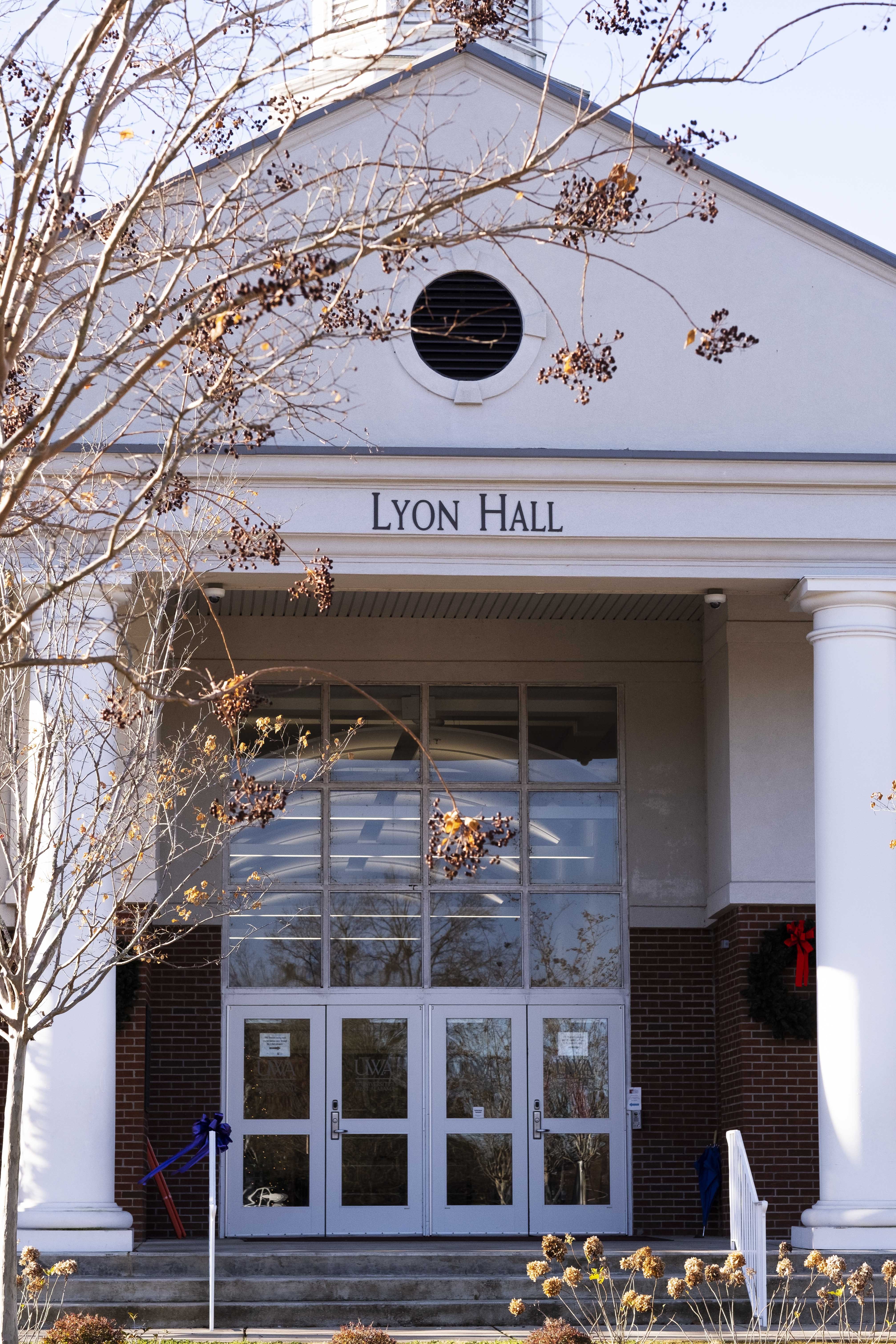
For its part, the new school embraces its innovative role in the community. Serving around 300 students, Pre-K through 8th grade, UCS plans to add a grade level each year until becoming a K-12 school, so that eventually students can pursue their whole education at UCS. The location on UWA’s campus has allowed the students to access the wealth of resources that are available on the college campus. For music classes, UCS students walk across campus to the UWA music auditorium, where they learn directly from a UWA professor. The school also participates in Teton Science School’s Place Network, thereby integrating place-based curriculum that connects learners and communities.
Addressing Teacher Shortages
But UCS isn’t the only innovative educational effort in this small community. UWA’s College of Education is preparing students to become teacher-leaders for their communities through the Black Belt Teacher Corps “Teach for Alabama” program. The scholarship program aims to address teacher shortages in public schools of Alabama’s Black Belt region by offering tuition scholarships to students who commit to teaching in the region for three years.
As a participant of the Black Belt Teacher Corps program, Haley felt well-equipped to transition to working as a lead classroom teacher. “I felt very good about where I was, with the skills and tactics I was taught at the University of West Alabama.”
Haley is now in her second year at University Charter School, teaching second grade. She is still getting used to the job.
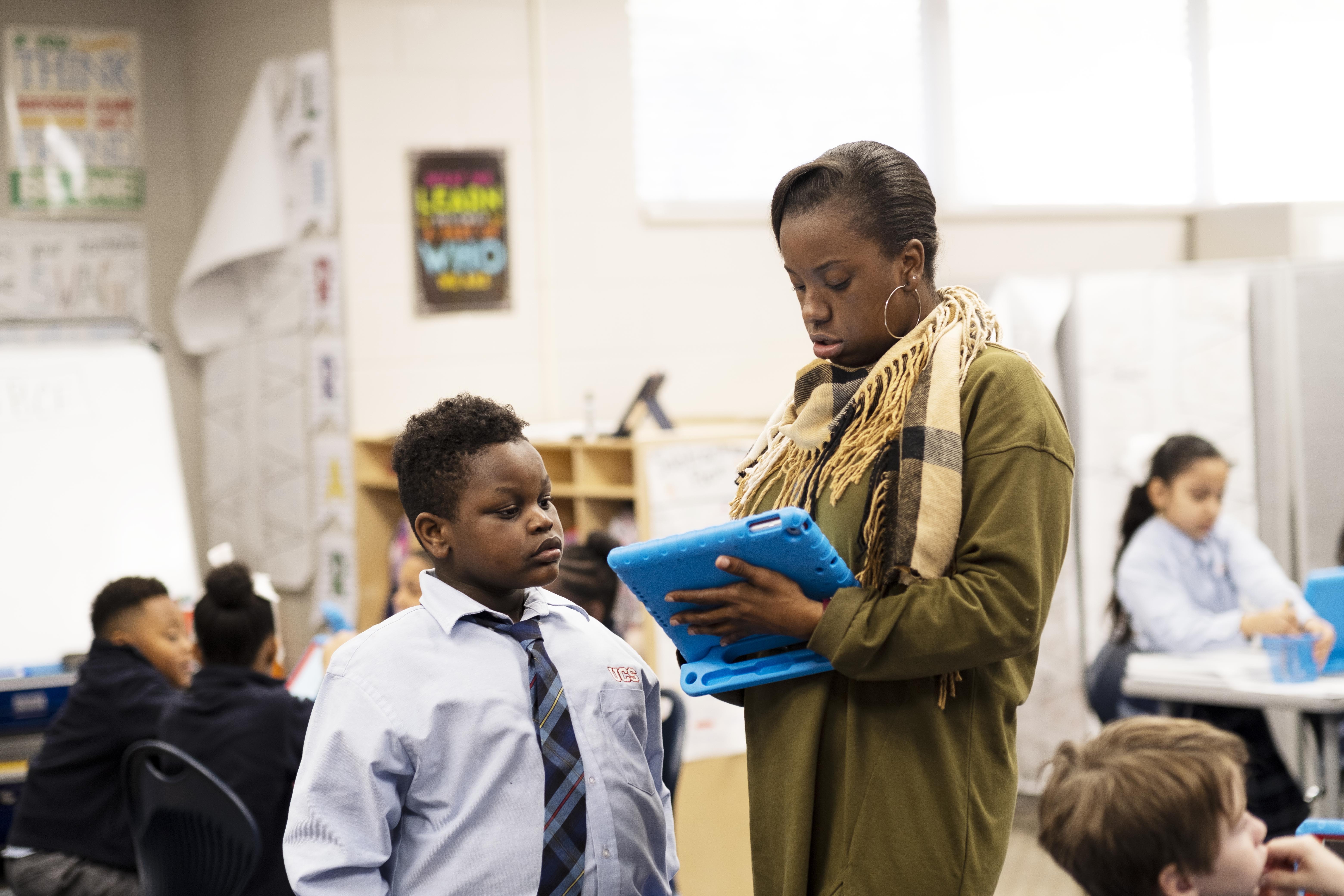
“Teaching is very different than I thought it would be, a lot people think ‘Oh it’s just an 8 to 3 job, when you go home you’re done,’ but teaching can be very tiring. It’s a non-stop job. You’re working all day, every day, and even by the time you leave here you’re still constantly working at home, whether it’s grading papers, coming up with ideas for the next day, or thinking about your students at home, and what can you do to make their experience at school better than it was today.”
But these challenges make the job meaningful too. Haley wants all her students to see her as someone who cares about them beyond the classroom. “If they don’t get anything else from me, I want them to know that I love them.”
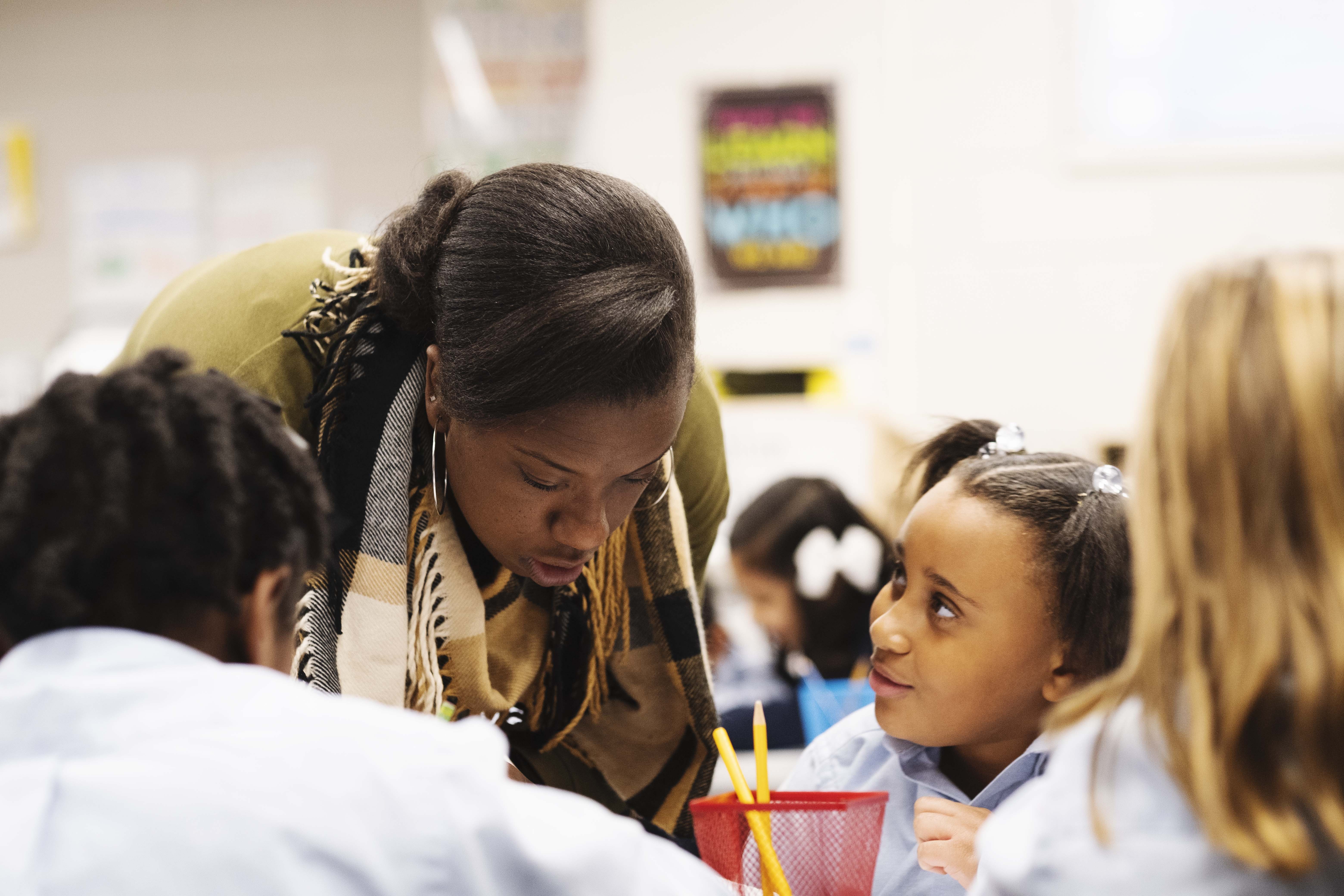
Rural Schools, Rural Communities
In addition to teaching, Haley serves as a mentor and coach for the UWA cadet team and plans to coach the UCS softball team in the spring. Supporting students beyond the classroom makes sense for Haley as she sees rural schools and communities as intimately connected.
“To me, the school is the center of your community, without a school, you have no community.”
Because of this belief, Haley encourages all community members to get involved with University Charter School, “whether you have a child that goes here or not”. Ultimately, she wants to see everyone in the community be supportive of the new school. “Yes, we’re a different school in our own district but our goal is to support all the kids, all the students in this district. Let us all be on one accord to make this one of the best communities”.

For Haley, teaching is a great way to make an impact on her community. She believes being a rural teacher means “embracing where you live and inspiring your students to know that just because you come from a small town doesn’t mean you can’t be successful, or you don’t have always have to up and leave to find better, because bigger is not always better.”
Part of her desire to make an impact in students' lives comes from the many inspiring teachers that she had in school.
“How I want to be remembered by my students is how my teachers were to me,” she reflects.
Her experience at college cemented this feeling. “If I had gone to the University of Alabama [a larger school in Tuscaloosa], I would have just been another number to them. Whereas at UWA, it’s in a rural town, rural area, and I’m not just a number, I know professors on a personal level, they actually care about what I do beyond graduation… That’s a plus about being in a rural area are those connections, bonds, and relationships.”
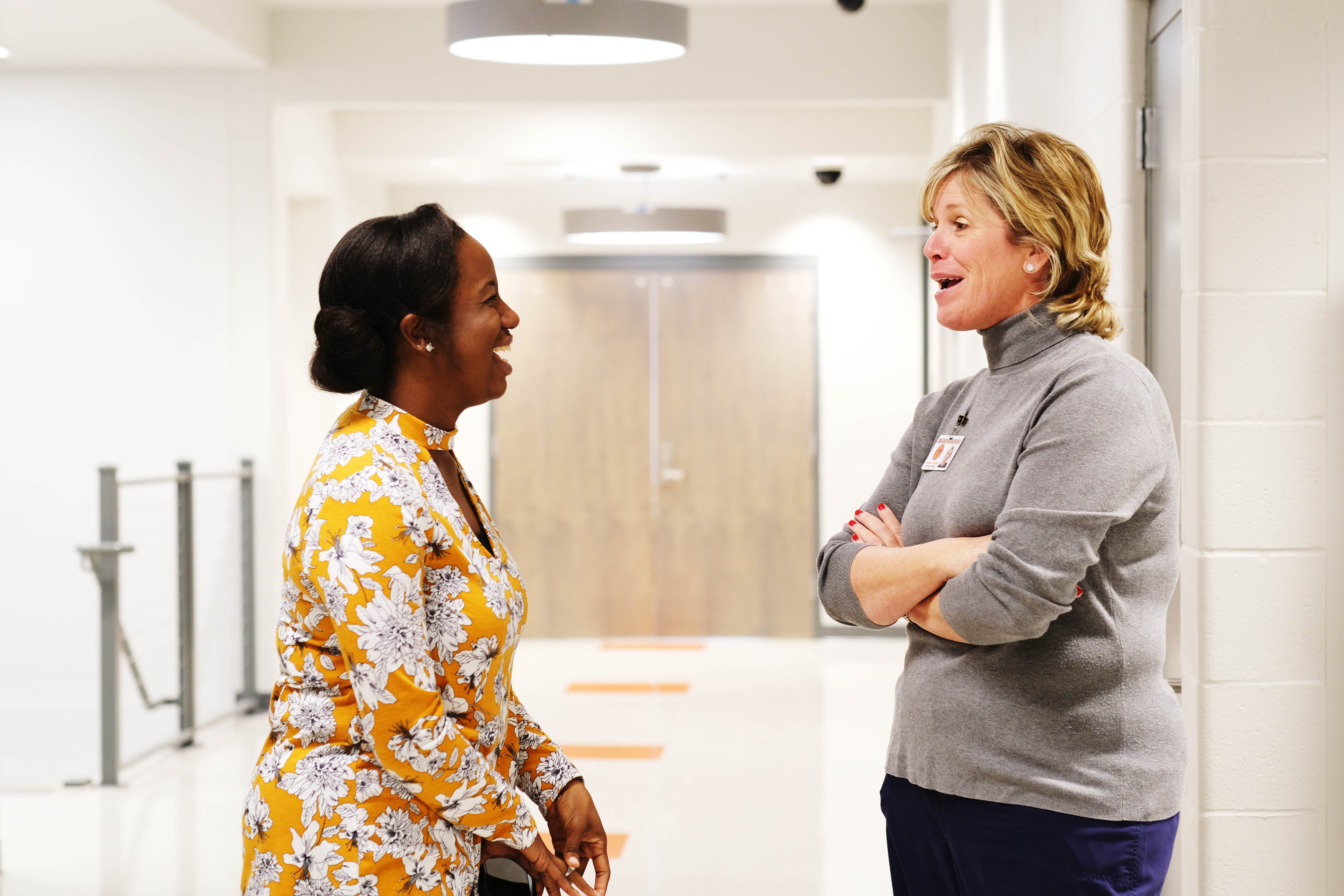
Now, she works hard to create those deep connections with her students. “If a student tells me at school ‘Ms. Richardson I’m playing a game tonight,’ I’m going to make sure that I go see them. That matters to me because I know it matters to them. I could have a thousand things to do,” she laughs. “And when they look up and see me during the game, that feels good cause I know I made their night by just showing up. Just showing up and being there, it really means a lot to the parents too.”
Amongst her other commitments, Haley is also taking graduate-level coursework to complete her Masters in Education from UWA in order to serve her community as well as possible.

Generations of Progress
The close relationships made in rural communities really do make a difference in students' lives, as exemplified by Haley’s mother, Lasonja Richardson. When Lasonja integrated Pickens County School, she was just six years old. The integration wasn’t easy. Folks opposed to integration threw tires in her yard and she was prevented from joining the local Brownie troop. But her home economics teacher took her under her wing, and Lasonja made it through school safely. She’s still close with the teacher, and they celebrate holidays together.
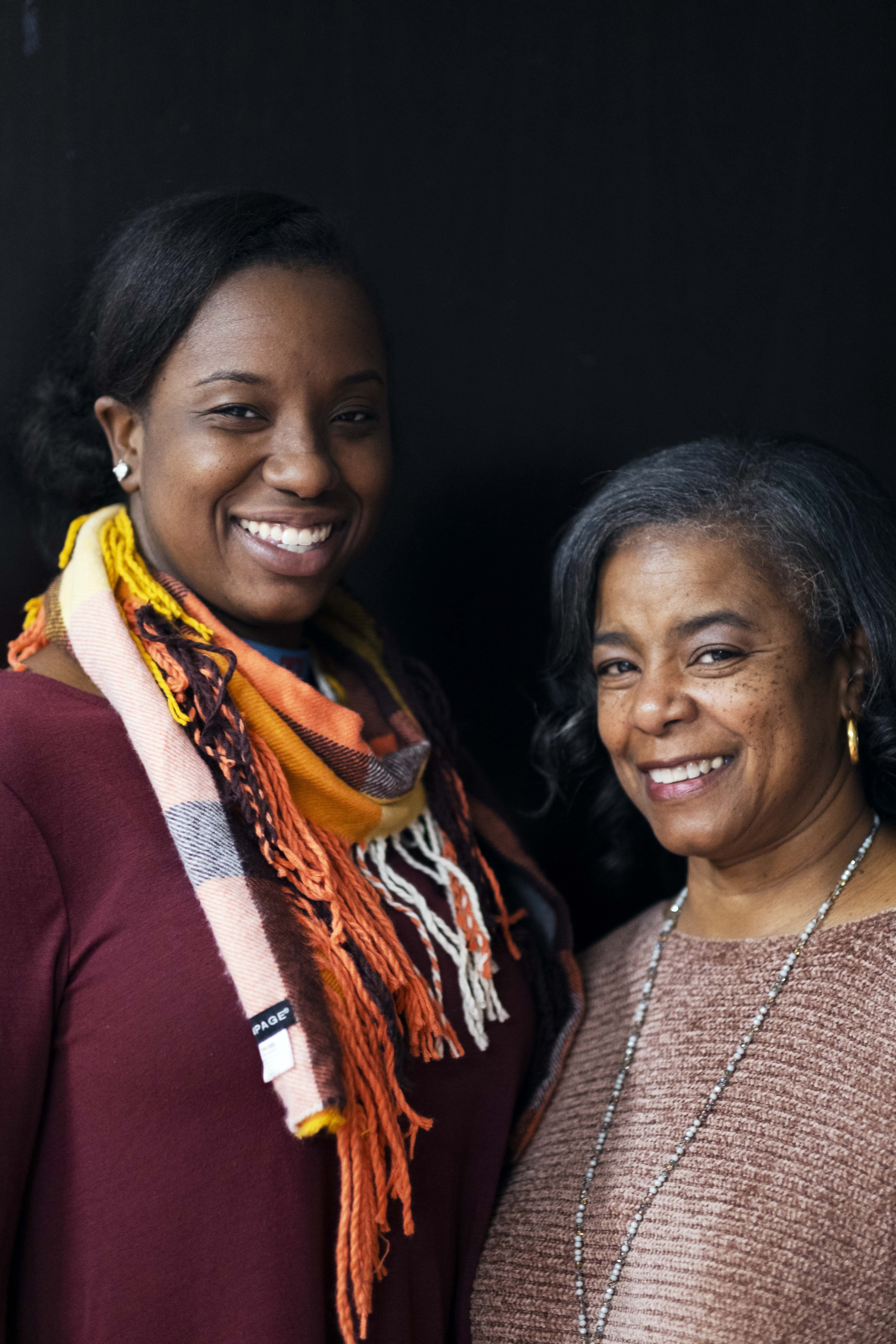
Reflecting on this experience, Lasonja says, “Just because I don’t look like you or act like you or talk like you or what have you, doesn’t mean that I’m not important and that we can’t learn something from each other. Everyone has a purpose, everybody has something to offer regardless of the color of your skin, everyone has something to offer because you are placed here for a reason. It’s just you must reach out.”
When thinking about the progress being made now in Sumter County with University Charter School Lasonja says, “I’m happy to see that the children have come together, the parents, the entire community have come together and I feel like they’re going to do great things,” she says. “I think that standing alone you can’t accomplish very much, but working together you can accomplish much.”
Moving forward, Lasonja would like to see even more cohesiveness in her community. She sees strength in togetherness, especially in rural areas. “If you’re there you obviously have to have an interest in it or you wouldn’t live there. There’s many other places you can live.” Therefore, “If you choose to live in a rural area, we don’t have a whole lot but what we do have, we can make it be the best, make it be the top. We can pull together to explore new avenues and offer as much as we can to the youth in our community and in our area.”
It’s this philosophy that Haley is carrying over in the next generation with the University Charter School. She finds it extremely important “for students to understand that this is our place. Let’s love and embrace our place. The history behind our place.”
For outsiders coming in to Livingston, she urges them to see all the different possibilities for her community.
“There’s a phrase, ‘Take what you have to make what you need.’ So in a rural town we may not have much, but what we do have, we use it to make what we need, and in turn we make successful students. You take what you have to make what you need and you in turn go out and be successful and you bring it back to your community.”

Photos and story by Julia Levine.
To stay up to date with all of the “I Am a Rural Teacher” features, please sign up for email updates, and follow us @IAARTCampaign on Facebook, Twitter, and Instagram. In addition to our ten major features going out once a month, we will be featuring many shorter teacher perspectives. If you have a story to share, click here!

